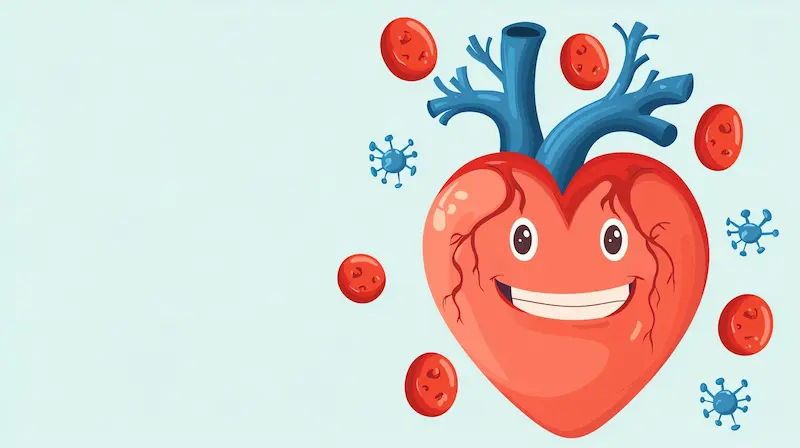- Female
- 6 Years
- 29/01/2025
I'm really worried because my baby was born with a 3mm ASD and a 5mm VSD in their heart. Can you help me understand how risky this situation is for my baby?
Answered by 1 Apollo Doctors
Risk depends on the location of the defect,weather it is locatetd in dominant or non dominant area and is it causing PAH etc., repeat 2D echo after 6 months of age and follow your doctors advice
Dr. Mubarak Suggests...
Consult a Paediatric Cardiologist
Answered 04/07/2025
0
0

More Paediatric Cardiology Health Queries
View allI'm really worried about my baby girl. She's only 2 months old and was born preterm at 35 weeks. The doctors say she has a 6mm VSD, 3mm ASD, and moderate PDA, all left to right shunt. Her weight is 3.5kg right now. We've spoken to 23 pediatric cardiologists and they all recommend surgery, but were confused about the timing. Some say it should be done immediately, others suggest before she turns 6 months, or when she reaches 1 year and weighs about 10kg. Right now, she seems to be okayshe's gaining weight, feeding well, and has no symptoms related to the VSD. We just want to make the right decision for her. When would be the best time for the surgery?
In the case of your daughter with VSD, ASD, and PDA, the decision for surgical correction depends on various factors such as the size of the defects, the presence of symptoms, and the overall health of the baby. Since your daughter is currently asymptomatic and is gaining weight normally, the timing of the surgery can be a bit more flexible. Considering the moderate size of the defects and the left to right shunt, it is generally recommended to wait until the baby is a bit older and bigger before considering surgery. Most pediatric cardiologists suggest performing the surgery before the baby reaches 1 year of age or weighs around 10kg. This allows for the baby to grow and develop, making the surgery safer and potentially reducing the risk of complications. It is important to continue monitoring your daughter closely for any signs of distress or worsening symptoms. Regular follow-ups with the pediatric cardiologist are crucial to track the progress of the defects and determine the optimal timing for the surgical correction.
Answered by 1 Apollo Doctors
My 1-month-old son was diagnosed with VSD and ASD. The report says he might need surgery or a device closure. Should we act on this right away or is it okay to wait a bit longer? What signs should we watch for if it gets worse?
If baby’s weight gain and oxygen levels are normal, wait; act if breathing, feeding, or heart symptoms worsen.
Answered by 1 Apollo Doctors
I'm really worried about my baby boy who has been diagnosed with a PM VSD hole that's 3.5 mm. Is this considered a big issue or not? I'm trying to understand how these measurements are categorizedis 3.5 mm small, moderate, large, or very large? Also, does this mean he'll need open heart surgery for sure, or could it close on its own as he grows? If surgery ends up being necessary, are there options other than open heart surgery that are less invasive? Would love some guidance on this.
Information provided is no adequate to answer,ideally if it is causing any cyanotic spells or pulmonary edema or PAH then Surgical correction is required which is not always open heart syurgery,if there are no such symptoms,repeat 2D echo after 6 months and check the status
Answered by 1 Apollo Doctors
Disclaimer: Answers on Apollo 247 are not intended to replace your doctor advice. Always seek help of a professional doctor in case of an medical emergency or ailment.





